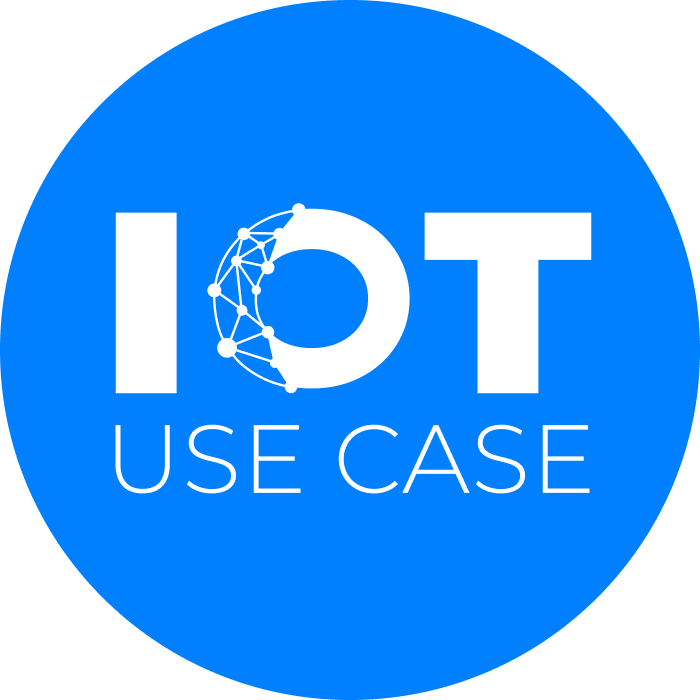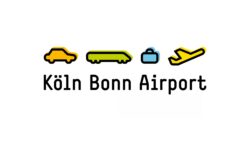No compromise on security: hardware certificates ensure that only authorized devices can be used inside the infrastructure of the Cologne Bonn Airport. The ECOS TrustManagementAppliance is the airport’s central solution for issuing certificates to all types of devices. At the same time, the high automation level and the integrated management functions reduced maintenance efforts considerably.
It is clearly faster and easier to issue certificates with the ECOS PKI. The overall time saving is tremendous, it only takes the quarter of the previous time per operation.
Alexander Händel, Datacenter & Shared Services, Flughafen Köln Bonn GmbH
About Cologne Bonn Airport
Issuing certificates to non-Windows devices was cumbersome
For the creation and administration of hardware certificates, Cologne Bonn Airport previously relied on a Windows-based PKI appliance to provision and manage certificates for approximately 1,200 airport Windows clients, Web services, and various handheld devices.
While the solution was basically sound, handling of non-Windows devices and certificate management was highly complicated. Finding a specific certificate to revoke, for example, was very tedious and time-consuming. The existing system also made it difficult to define rules and templates to create appropriate certificates for specific devices.
»On the one hand, we had an increasing number and variety of handheld systems that we needed to manage. On the other hand, certificate-based network authentication came up on the agenda«, relates Kenan Salaka, Datacenter & Shared Services at the Flughafen Köln Bonn GmbH.»As a result, the many new devices that do not yet exist in Active Directory should be provisioned with certificates from the start.«
Raising the security level
One argument for extending certificate issuance to as many device types as possible was to further increase the level of security. For example, the network ports on the scoreboards in the public areas were secured only by MAC address, which had long been a thorn in the side of the IT department. This was complex to set up because two or more MAC addresses needed to be registered for each device, and the security level no longer met the requirements.
Airports typically offer a wide variety of devices that extend far beyond the traditional client world: from the handhelds used by the apron traffic staff to get information on their tasks and the aircrafts to be handled, to specific mobile devices of the security employees, through to tablets that are installed in the ‘follow-me’ vehicles«. This was reason enough for the airport’s IT department to look for a better, more global PKI solution for the creation and management of certificates. Besides the support for Windows, Linux and Active Directory authentication, the main focus also lied on automation to reduce maintenance efforts. The goal was to create as automated a process as possible for all types of clients to deliver certificates to devices and automatically renew them as needed.
ECOS TrustManagementAppliance with persuasive proof of concept
After the airport’s IT department learned about ECOS Technology’s PKI solution, the Trust Management Appliance, a proof of concept was launched at the Cologne Bonn Airport in the beginning of 2018. Wide-ranging clients and device types were provided with certificates as a test, from Windows clients to printers, phones and Linux servers, through to Raspberries (used in display units), as well as special handhelds with Android and other mobile operating systems.
»The tests performed during the proof of concept were very successful, everything was very easily configurable«, says Salaka. »This led us to discuss whether we should focus on one PKI system, understand it in detail, and use it as an all-in-one solution to secure all devices.«
Today, the airport operates the ECOS Trust Management Appliance (TMA) as VMware-based virtual appliance. Clustering ensures redundancy and reliability. As the airport operates around the clock, seven days a week, the high availability of the solution is crucial. A load balancer sits in front of the Trust Management Appliance to distribute requests. The client, which fetches the certificates from the appliance, was rolled out to the endpoint devices during the weekly software deployment, with no user intervention required. Now, when a device logs in by VPN, the hardware certificate verifies if it’s a trustworthy device with an airport certificate. An Online Certificate Status Protocol (OCSP) additionally counter-checks whether the certificate is really currently valid.
Significant time savings in certificate handling
After a time of live operation, the airports PKI experts have recognized the clear benefits of the ECOS TMA, which has led to a significant reduction of maintenance efforts. This concerns both the certificate issuance and the management, as Picture: Cologne Bonn Airport Alexander Händel, Kenan Salaka’s colleague at Datacenter & Shared Services of the Flughafen Köln Bonn GmbH, relates:
»Since the implementation of the ECOS PKI, it is clearly faster and easier to issue certificates. This is particularly evident in special cases with devices that are not in Active Directory. In addition, searching for certificates is much more convenient, for example to check what exactly has been issued or to revoke a certificate. The overall time saving is tremendous, it only takes the quarter of the previous time per operation.«
Monthly e-mail reports detail which certificates have recently been added, which have expired, and which have been revoked (withdrawn or temporarily revoked) for a more complete picture.
To automatize future processes, the airport plans in the medium-term to set up a self-service portal for IT employees in the application area. Should they need, for example, a certificate for a web server, the portal will provide it automatically for the respective, clearly defined area, which will further relieve the central IT.

ECOS Partner Devoteam
Devoteam is a leading consulting firm specializing in digital strategy, platform technologies, cybersecurity, and business transformation. The implementation of the ECOS PKI at Cologne Bonn Airport was supported and realized by Devoteam.
Text taken over from original – ECOS Technology







